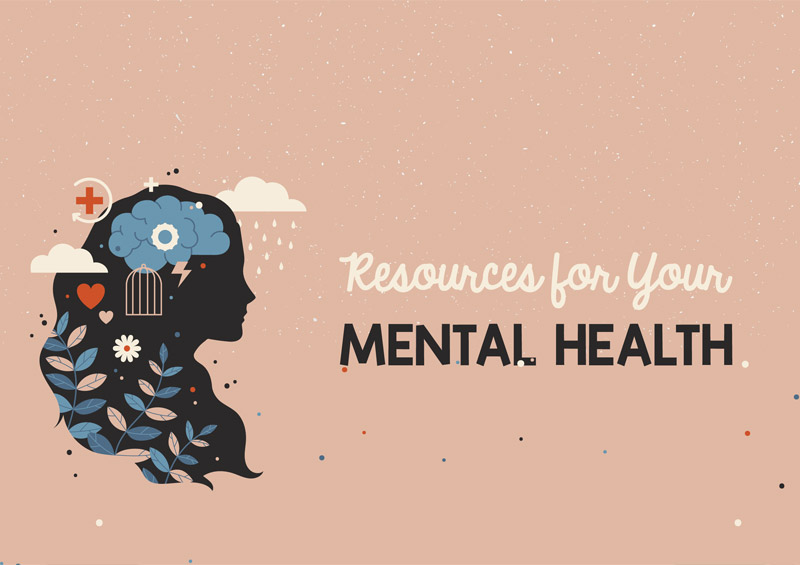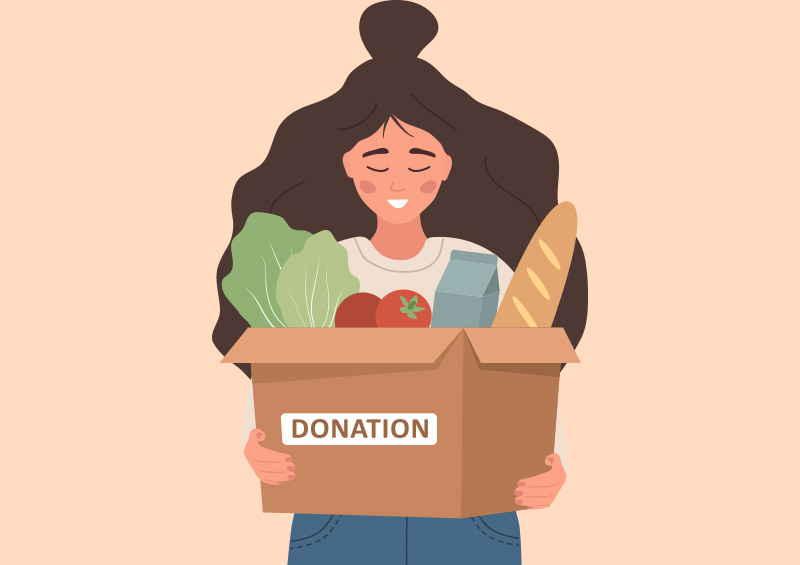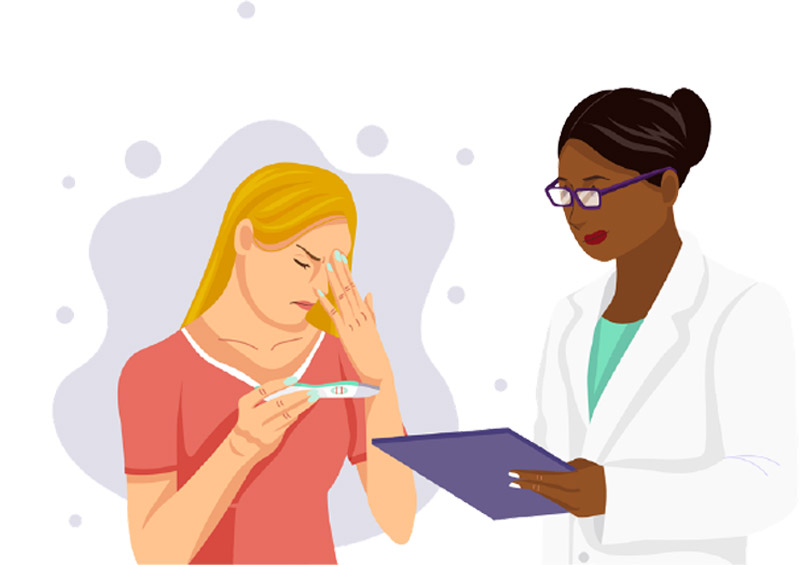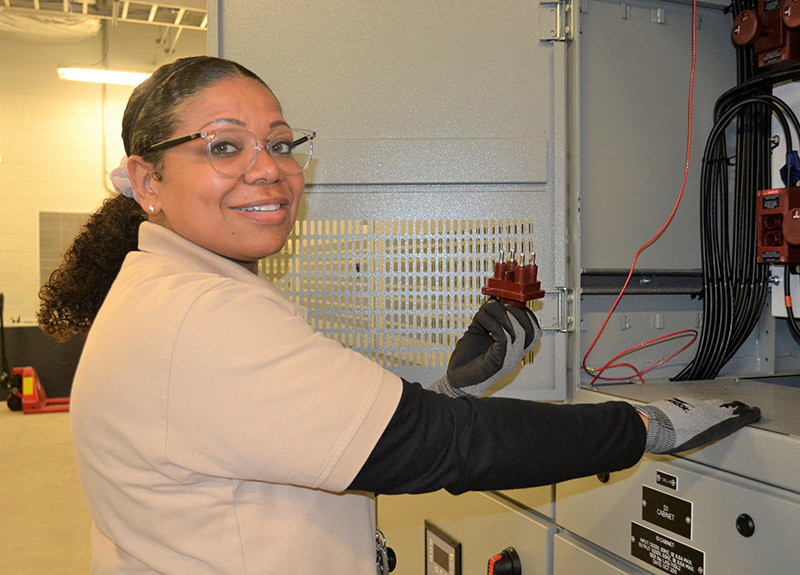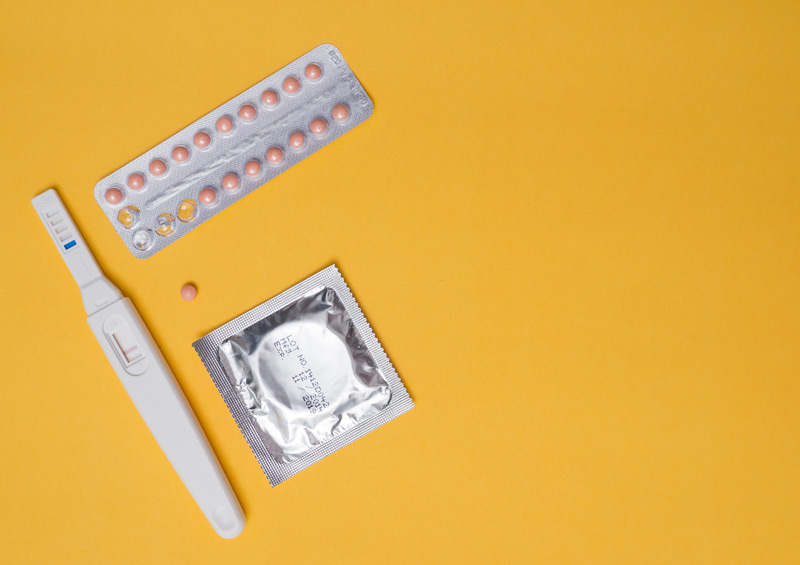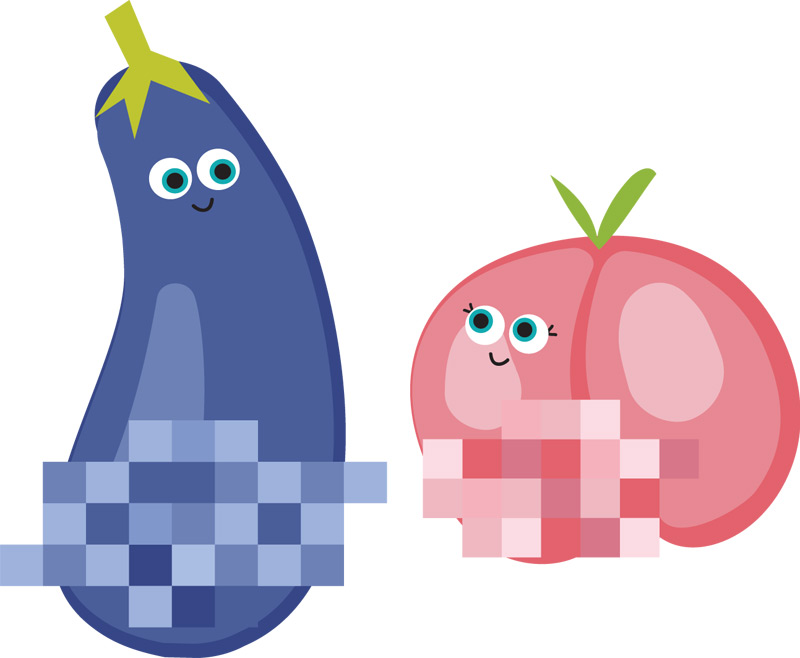What is sex?
The most common definition of sex is that a penis enters a vagina, but sex means different things to different people and the “traditional” penis-in-vagina definition doesn’t work for same-sex couples. Oral sex (genitals are stimulated by mouth), anal sex (penis in anus/butt), and heavy petting are also very intimate acts and may be considered sex. In the end, it’s up to you to define what sex means to you. And while sex typically involves two people, the decision to engage in sexual activity is entirely yours. No one has the right to make you do something you don’t want to do; you should only do what feels right to you.
Why do women get pregnant?
Most females release an egg once a month and if this egg meets a sperm (semen, which is the fluid released through the penis during ejaculation, contains approximately between 20 to 100 million sperm cells per milliliter) and the fertilized egg implants in the lining of the uterus (womb), you’ll get pregnant. If the egg doesn’t meet a sperm, then the egg, some uterus lining, and blood will be shed. That’s your period! You can get pregnant through penis-in-vagina intercourse but also if sperm is released outside of your body near your vagina because sperm can travel and find their way to an egg.
What are STDs and how are they given from one person to another?
There are many different sexually transmitted diseases or STDs (aka STIs, sexually transmitted infections). Well-known STDs are chlamydia, gonorrhea, syphilis, hepatitis, genital herpes, and genital warts. All of these are mostly spread through sexual contact (vaginal, oral, and anal sex). Some STDs are very serious because they can leave permanent damage, like affecting your ability to have children, or even lead to death. The most dangerous STD is HIV/AIDS, which is spread mainly by having sex with an infected person or sharing drug injection equipment. Sometimes you can be affected and not know that you have an infection. A good rule is: ALWAYS go see a doctor if you experience genital itching or rashes, if it hurts to pee, or you have heavy or smelly discharge from your vagina, whether you have been sexually active or not! Your doctor will help you figure out what’s going on and make sure you get healthy again soon.






